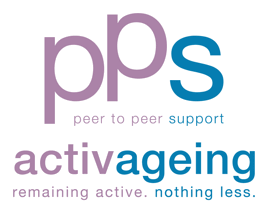Summary
Active ageing as one of the biggest challenges in modern EU still lacks the true understanding of the concept of ageing actively. There are mixed concepts and methodologies, but there is no general or common approach to active ageing as such. There are activities for older adults that support their will for lifelong learning, but there are only a scarce number of those addressing the topic active ageing in general.
The term “active ageing” is still relatively new and therefore used loosely. It is associated generally with “staying healthy, physically and mentally, for as long as possible – active and in good shape”, and it could thus be divided into 4 bigger parts:
- Health and living expectations
- Active social participation
- Lifelong Learning in non-formal education
- Senior employment
- Recreation
We all know population across Europe is ageing, but seeing them as “biggest economic and social challenge” seems unfair even in definition. If active ageing should be “the process of optimizing opportunities for health, participation and security in order to enhance quality of life as people age”, this would actually mean that staying active in later life allows individuals to realize their formerly latent potentials for physical, social and mental activities and well-being.
Peer-to-Peer Support Fostering Active Ageing Project started in 2014 with the aim of developing a methodology based on peer to peer training so to foster active ageing. Peers will be trained to conduct educational programme on active ageing in face-to-face version and in e-learning version.
The training will be aimed at rising perceived self efficacy and copying skills of participants (older adults 55+). It will cover the general fields of active ageing, health issues and technology usage with added special modules regarding national analysis from participating countries.






